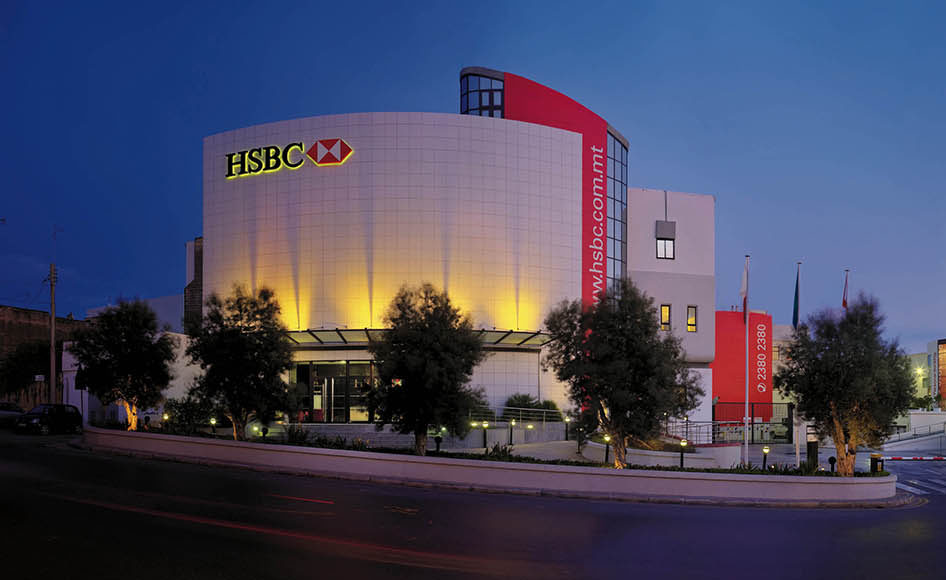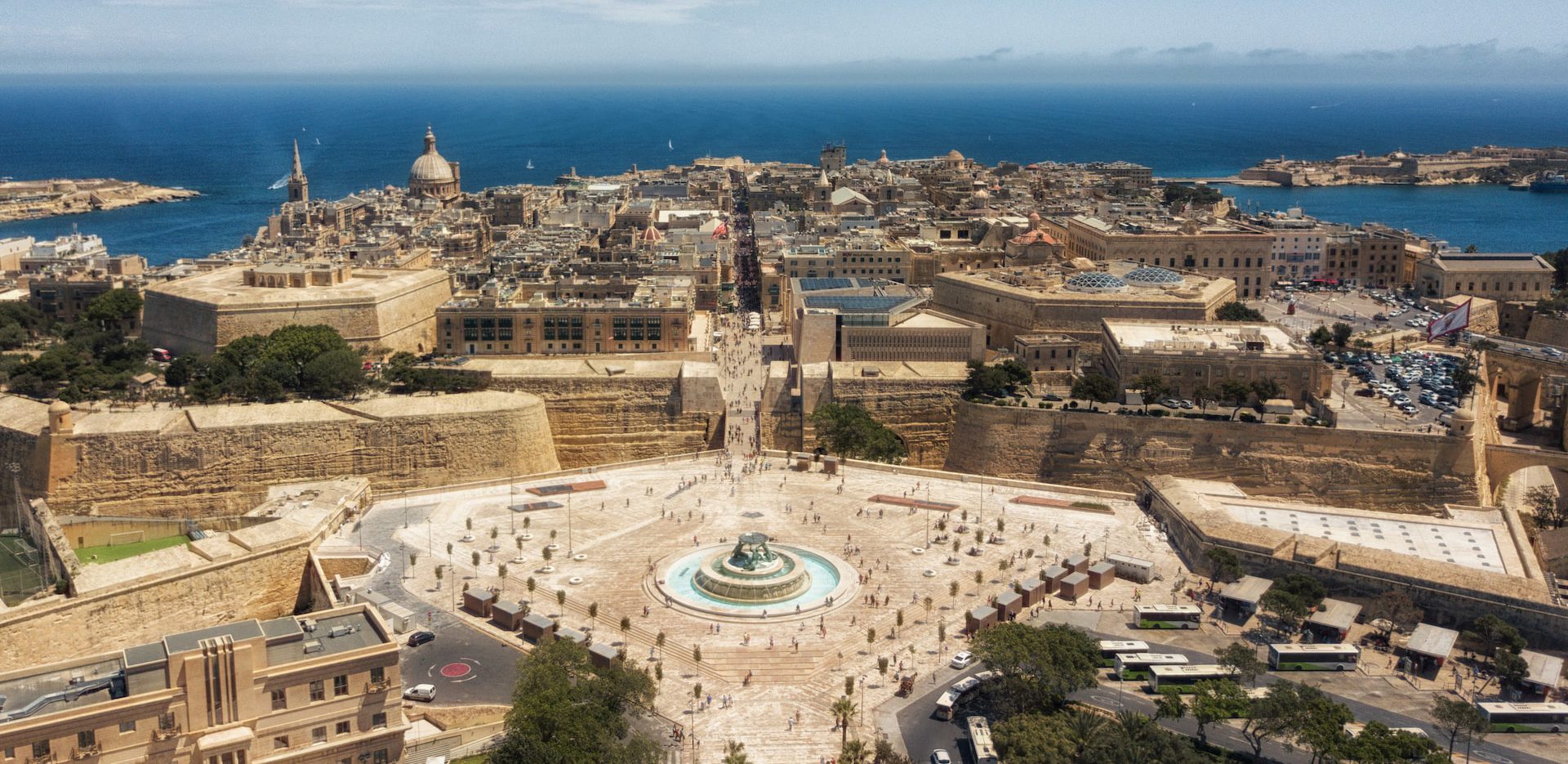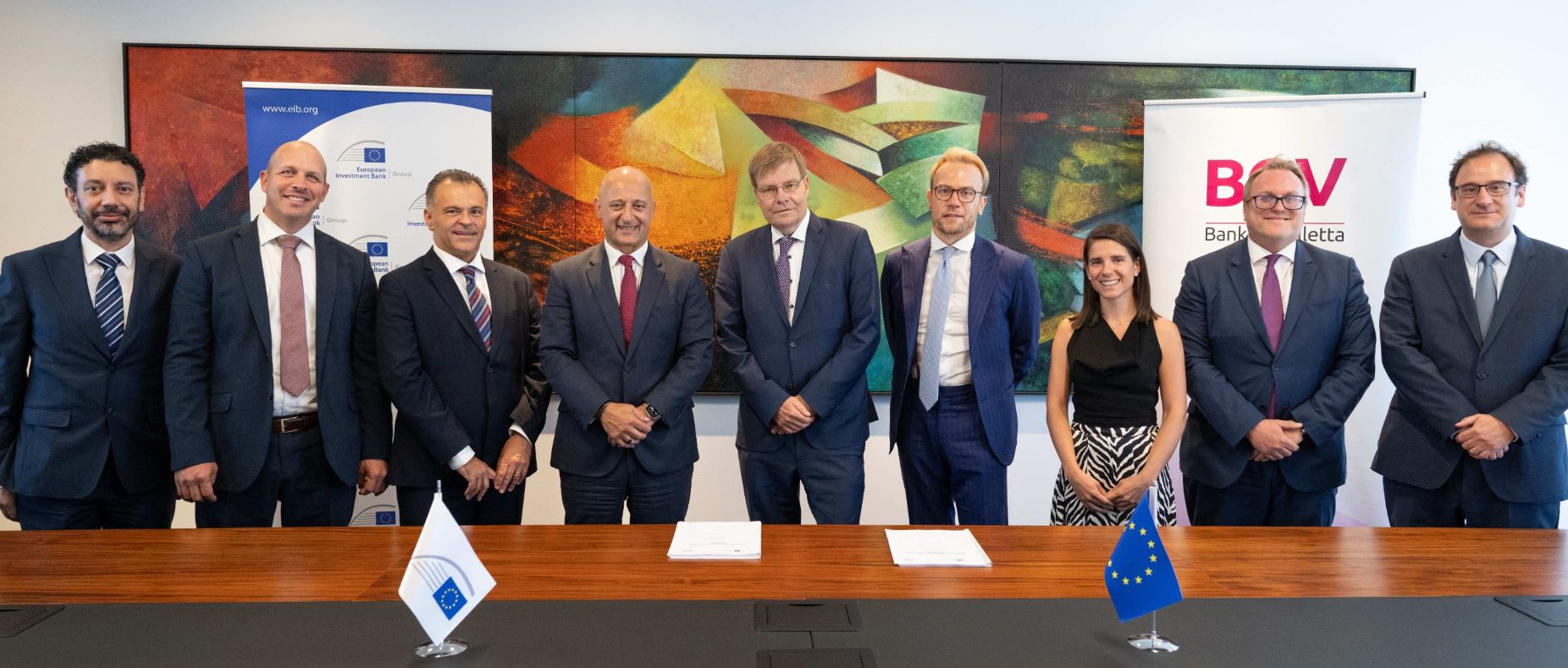HSBC Malta has backtracked on a decision to double its minimum down payment requirement for first-time buyers, from 20 per cent back down to the standard 10 per cent, with some exceptions.
On Thursday, Times of Malta broke the news that the bank had raised interest rates for first-time buyers from 2.7 per cent to 3.1 per cent, and that the minimum down payment requirement was increased to 20 per cent. HSBC had made no public announcement or statement about the change in policy.
This newsroom reached out to HSBC Malta for comment, however the bank remained silent until issuing a statement to the market late on Friday:
“The Bank would like to clarify to the market that it continues to offer home loans in line with its proposition up to a maximum of 90 per cent Loan-to-Value, while continuing to align to its risk appetite and credit criteria. The Bank’s official website has been updated to this effect.”
When checking the website, however, it shows that HSBC has added a caveat to the 90 per cent threshold, where it reads:
“*Please note that this is subject to internal lending criteria.”
While a partial backtrack has been made on the minimum down payment requirement, increases to the interest rate repayments on home loans for first time buyers remain in place.
In a move that will surely decrease its attractiveness to property buyers, HSBC Malta has doubled the minimum down payment an applicant can put down on a home loan from 10 to 20 per cent.
Most, if not all, other local banks require first-time buyers to self-finance a minimum of 10 per cent of the property’s price.
According to HSBC’s website, a €170,000 home loan spread over 30 years will now cost the applicant an additional €77 per month.
Amidst a downsizing of its branch network and speculation that it may be exiting the local market, HSBC Malta’s latest move is almost certain to significantly reduce its exposure to Maltese real estate.
Interest rates, which in the eurozone are set by the European Central Bank (ECB), have risen over the last year as the institution grapples with rising inflation due to, among other things, a pandemic supply chain hangover and an energy price shock that emerged following Russia’s invasion of Ukraine – both major fuel producers.
For many banks around Europe, this has meant that mortgage and other consumer loan interest rates have had to increase in line with the rates set by the ECB.
Local banks, however, largely depend on consumer deposits for the capital financing, leaving the Maltese credit landscape shielded from that in Europe.
In other words, on the whole, as long as interest on deposits, which is currently very low, remains where it is, the cost of credit is also expected to stay low.
This view has been put forward by financial analysts as well as bank officials.
Malta’s public debt ‘very much in line’ with Eurozone rules – BOV Chair
The chairperson of Malta’s largest bank shrugged off the doubling in Maltese Government debt since 2019
Malta’s public debt tops €11 billion
The debt-to-GDP ratio remains well within EU limits
New EIB and BOV partnership channels ‘fresh financing to Maltese businesses’
The banks say this initiative is designed to enhance the working capital and investment capacity of Maltese mid-sized firms





